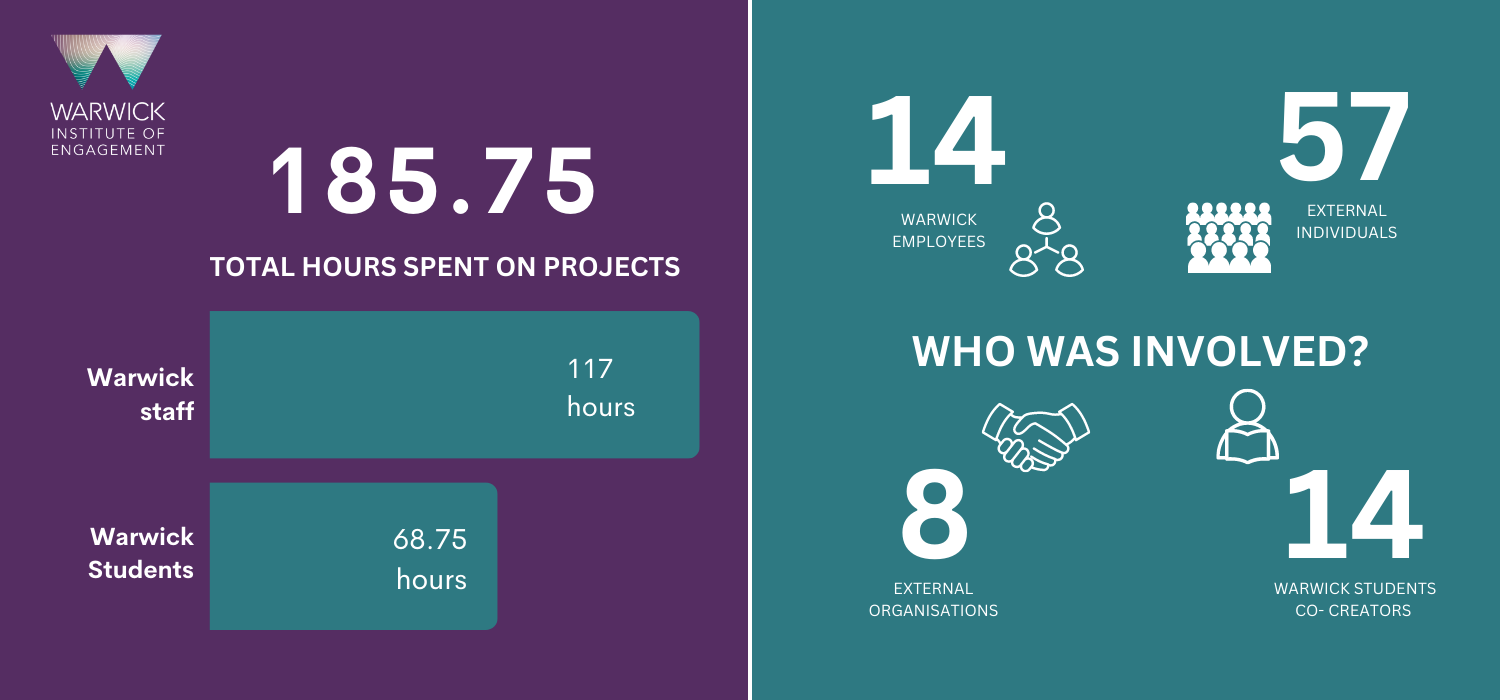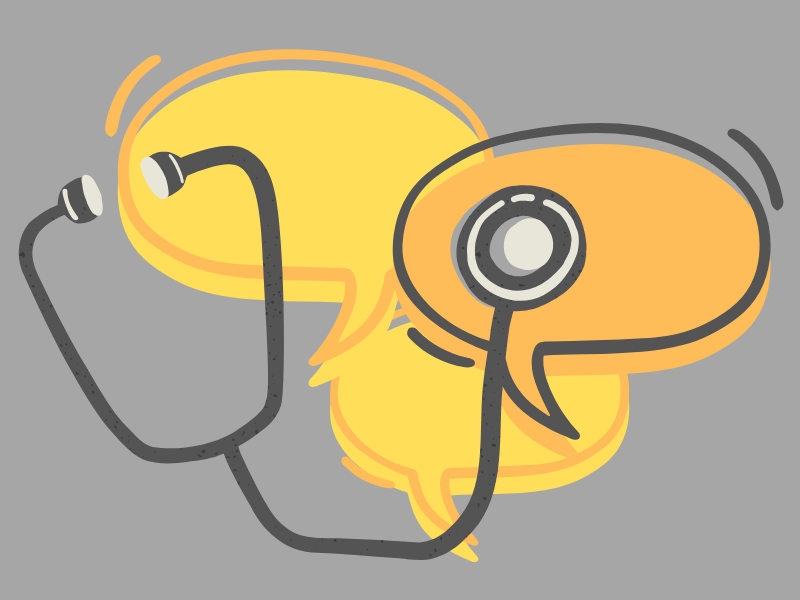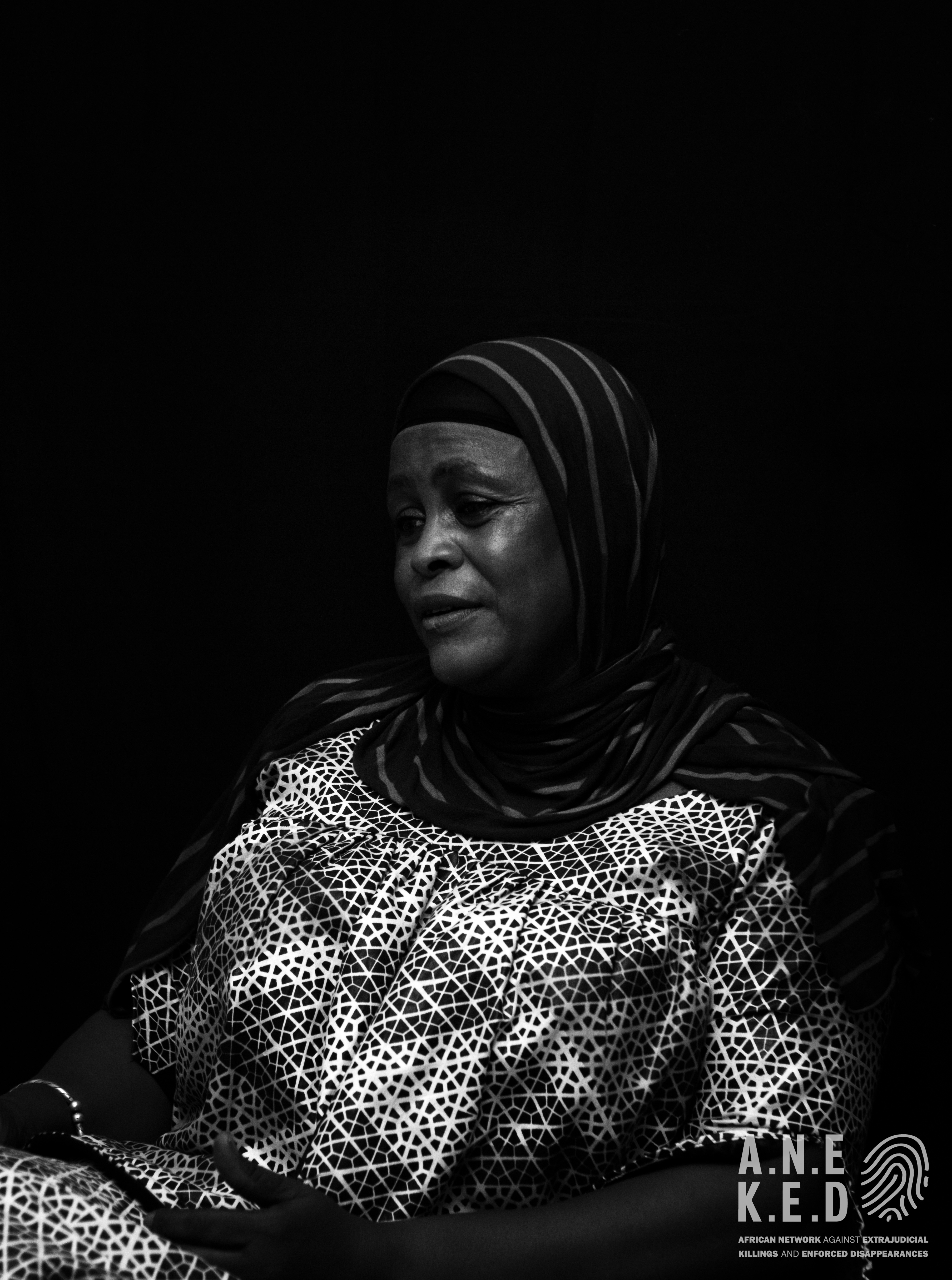Developing a teaching tool on Transitional Justice and International Development
- Briony Jones - Politics and International Studies (PAIS)
- Lesley Stahlecker - the African Network against Extrajudicial Killings and Enforced Disappearances (ANEKED)
- PAIS students
Briony has been working with the African Network against Extrajudicial Killings and Enforced Disappearances (ANEKED) on developing a teaching tool based on their pioneering work with their Digest of the proceedings of the Truth, Reconciliation and Reparations Commission (TRRC) in Gambia. The TRRC Digest was a collaboration between Gambians, university students across the world, and ANEKED staff. It became not only synonymous with an example of grassroots level participation and cooperation in the transitional justice mechanism, but it also had the ability to inspire and engage a young generation of activists who gained very specific skills in transitional justice process.
The funding from WIE will be used to bring together PAIS students and ANEKED to work on how the teaching tool can best be used to enhance learning in transitional justice beyond the university classroom. It will then be launched as an open access tool for use by teachers in universities, by students independently, and by transitional justice activists. At Warwick, it will be used in the PAIS module Transitional Justice and International Development.
The tool itself will contain content from NGOs, activists, journalists, and other civil society working on justice issues particularly focused on highlighting narratives and experiences in the Global south. It will be designed in such a way that students will be able to learn about this work – i.e. how their conceptual learning interacts with justice processes – and to contact the organisations to learn more. The tool will therefore be a conduit in creating a direct pathway of engagement between those working on justice issues and students who can exchange knowledge and ideas. It will also offer concrete advice for how to join public and community engagement efforts with justice.
ANEKEDLink opens in a new window is a partner of the Warwick Interdisciplinary Research Centre for International DevelopmentLink opens in a new window, of which Briony is the Director.Awarded Summer 2023







Creating a new module on Social Design
Social Design is design with and for people. This module will foster students' development in becoming designerly change agents through engagement with their local and regional communities. Social Design understands design as an ethically driven endeavour seeking to make improvements to the lived experiences of people, communities, and the built, natural and social environment. The module will be underpinned by the principles of co-design/ co-creation, working in partnership to identify, investigate and resolve design problems.
During the module, students will have a relationship with a specific community context and over a period will develop collaborative research into factors and influences which are shaping that community and propose a co-designed solution to address the needs arising from that research. Social Design challenges common-place practices of 'doing research to people' through methods which engage people in research and ultimately creates partnerships for design and system innovation.